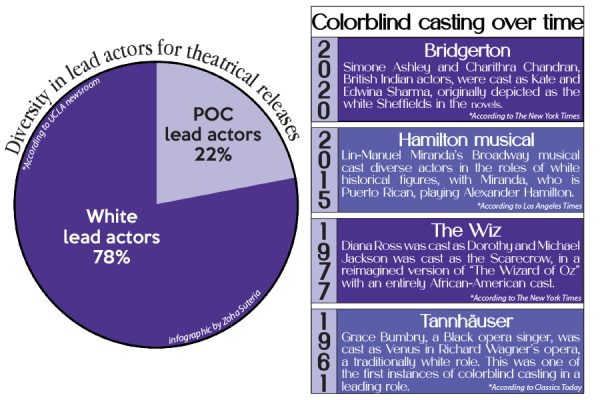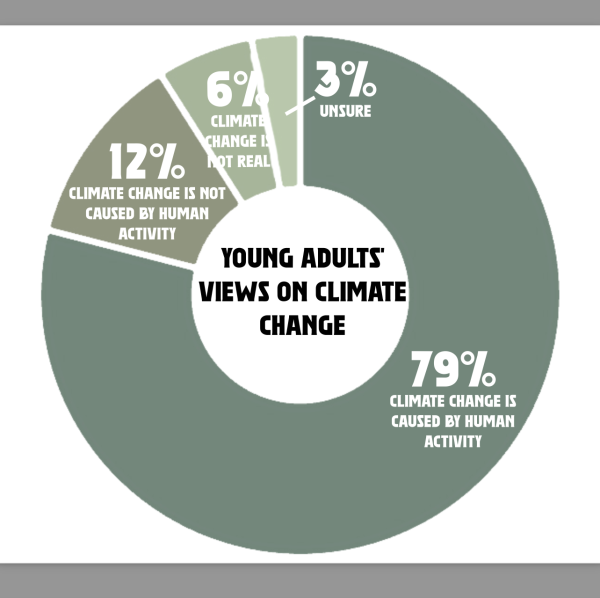Get space without participating in cut-off culture
March 17, 2023
Cut-off culture.
The concept in which you weed out a relationship in a fashion similar to that of cutting off your hair’s six-week-old split ends. While this seemingly cold and somewhat rash action of just “cutting someone off” when you feel they are no longer serving a purpose in your life is often viewed as unnecessary or downright cold-hearted, I think that there can be a healthy approach that is worth exploring and more beneficial to us than we think.
I used to think that every relationship I formed had to be permanent. I spent my early childhood forming friendships I thought would last a lifetime, only to realize that friendships can often be ephemeral.
While I have experienced many healthy friendships, I look forward to keeping for a very long time. I also have experienced my fair share of unhealthy friendships that are not necessary, and that is okay.
I am a firm believer in the idea that people come into your life for a reason, whether it be for a week or a lifetime. Everyone we meet serves a purpose in our lives or teaches us something and vice versa. However, when we feel they no longer fit, we should not try to make them fit where they are not intended to or hold onto the friendship out of loyalty as this can often cause more harm than good.
So how do you know when a friendship or relationship is no longer worth maintaining?
A friendship is a concerted and reciprocated effort. There should be giving and receiving on both sides. When one side of the friendship consistently falls short, leaving the other side feeling disappointed and neglected, it is okay for the other person to consider taking a step back or ending the relationship altogether.
This practice is often mistaken for “cutting someone off”. However, these are two completely different things. “Cutting someone off” is discarding them and the friendship you shared for no rational reason. This is not healthy. Taking a step away from someone because you feel devalued is healthy. However, doing so requires a methodical approach and genuine reflection like so:
1. Be honest and clear: let the person know the reasons you want to end the relationship and how their behavior has affected you. Be firm but not disrespectful or aggressive.
2. Set boundaries: decide what kind of communication you would be willing to have with this person, this may be none at all or a limited amount in certain situations. Set these boundaries and be consistent with them.
3. Move on: surround yourself with people you genuinely care about and enjoy spending time with. Remember why you made the decision to end the unhealthy friendship and stay committed to the boundaries you set.
Ending a friendship because someone hurt you by not reciprocating in the relationship is making the active choice to take care of yourself. This choice does not have to be permanent as well.
Typically “cutting someone off” implies removing them from your life forever. Realizing a relationship no longer feels healthy and deciding you would like to take a pause or end things can feel indefinite, but then you have the opportunity to better yourself and maybe come back to that person together when the friendship is reciprocal.
Cut-off culture is not healthy, however, it is not a far cry from what can be a very healthy practice if executed properly.
Ending an unhealthy friendship can create space for new, healthier relationships.
Sometimes, we hold onto friendships out of loyalty, even when they are no longer serving us and are downright damaging.
By ending an unhealthy friendship, you create space in your life for new, positive relationships that align with your values and support your growth.














